Introduction:
Welcome to the official Heltec Energy blog! Do you know the use of lithium batteries? Among the safety requirements for lithium batteries, safety standards for charging and discharging operations and electricity use are crucial. These standards are designed to ensure the safety and reliability of the operation process and prevent accidents. Let's learn about the main safety standards for lithium battery charging and discharging operations and electricity use with Heltec Energy.
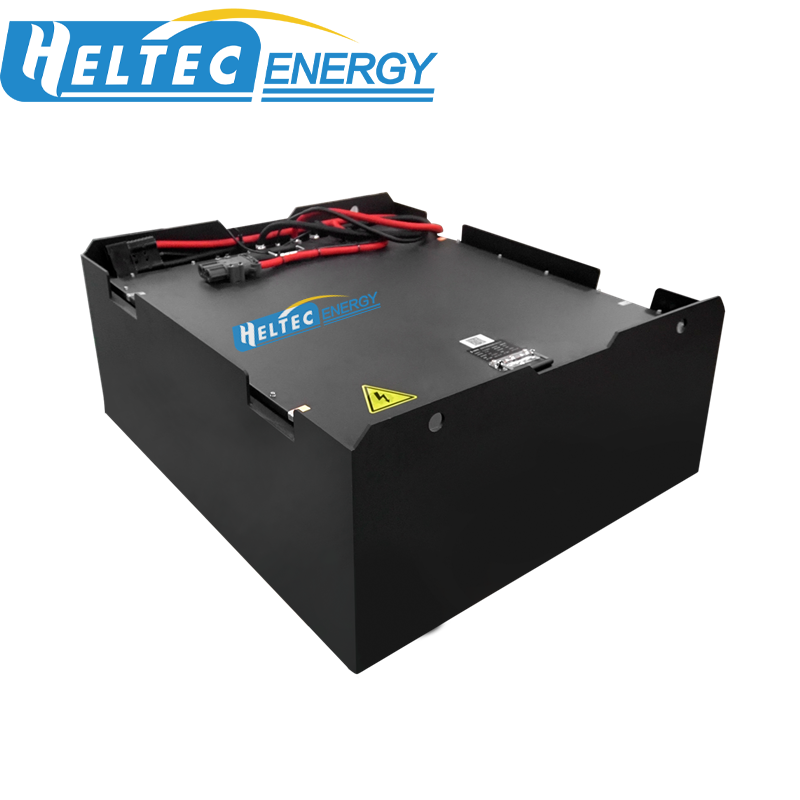
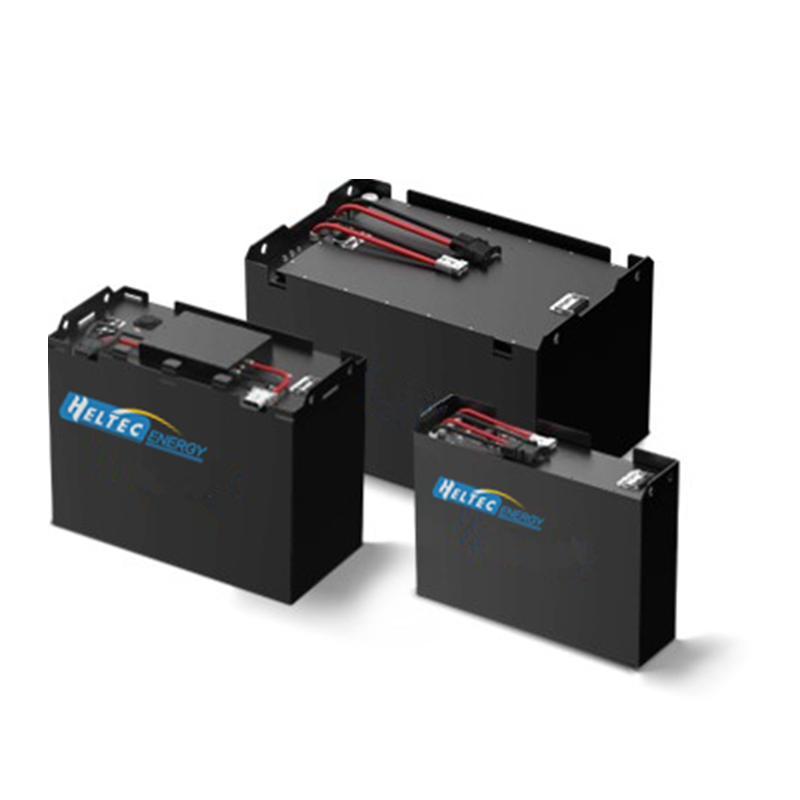
Safety Standards for Charging and Discharging Operations:
Operating environment requirements: Lithium battery charging and discharging operations need to be carried out in an environment with good ventilation, temperature and humidity. This helps prevent adverse conditions such as overheating and overhumidity from affecting battery performance and safety. At the same time, the charging and discharging area should be away from the core area, and independent fire protection partitions should be set up to reduce potential safety risks.
Charger selection and use: Charging operations must use chargers that meet relevant standards and specifications and are of reliable quality. The charger should have safety requirements such as short-circuit protection, brake power-off function, overcurrent protection function, and anti-runaway function. In addition, the battery pack should use a charger with a balancing function to ensure that the charging state of each single cell in the battery pack is balanced.
Battery inspection: Before charging and discharging operations, the battery must be checked for compliance. This includes confirming whether the battery has abnormal conditions such as damage, deformation, leakage, smoking, and leakage. If there is a problem, charging and discharging operations shall not be carried out, and the battery shall be safely disposed of in a timely manner.
Avoid overcharging and over-discharging: Overcharging and over-discharging should be avoided during lithium-ion battery charging and discharging operations. Overcharging may cause problems such as increased internal pressure and electrolyte leakage, while overdischarging may cause battery performance degradation and shortened life. Therefore, the voltage and current during charging and discharging should be strictly controlled to ensure that the battery operates within a safe range.
Temperature control: Prevent lithium batteries from being charged and discharged in high or low temperature environments. High temperatures may cause thermal runaway of the battery, while low temperatures may affect the charging and discharging performance of the battery. In addition, the charging and discharging current of lithium batteries must not exceed the maximum current indicated in the specification.
Use a power supply circuit that complies with national standards: When charging and discharging lithium batteries, a power supply circuit that complies with relevant national electrical standards should be used to ensure the stability and safety of the power supply.
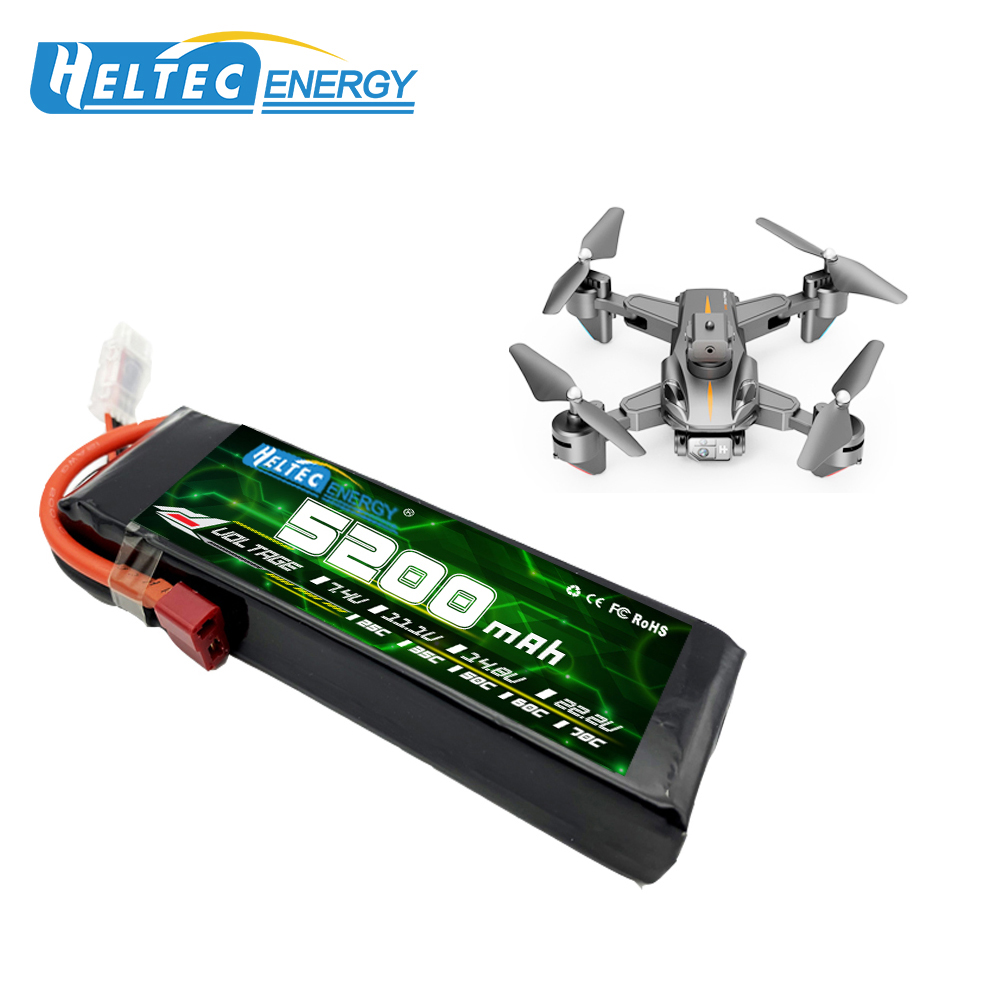
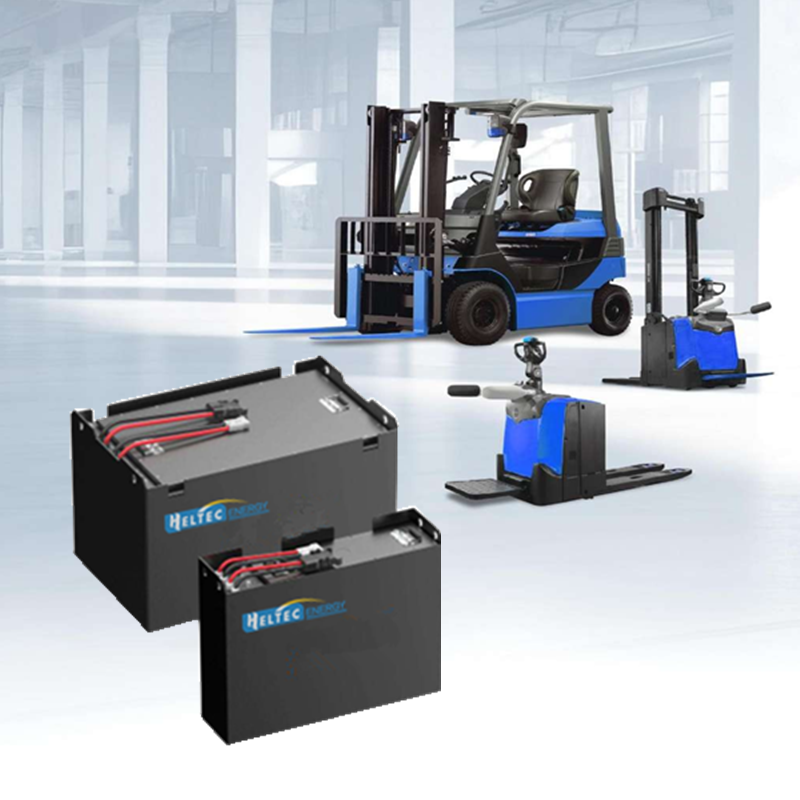
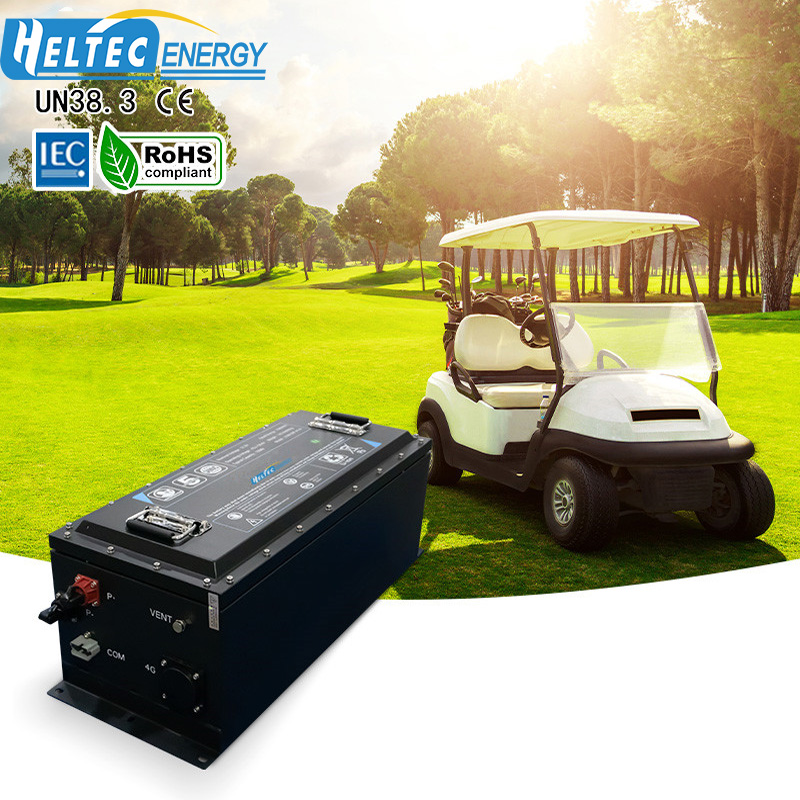
Electricity Safety Standards:
1. Equipment insulation and grounding: Lithium battery electrical equipment should have good insulation performance to prevent leakage and electric shock accidents. At the same time, the equipment should be properly grounded to ensure that the current can be conducted to the ground in the event of an electrical fault to protect personnel safety.
2. Electrical connection and protection: The electrical connection of the lithium battery should be firm and reliable to prevent loosening or falling off. For exposed electrical parts, protective measures should be taken, such as wrapping with insulating materials or installing protective covers to prevent accidental contact by personnel.
3. Regular inspection and maintenance: Regularly inspect and maintain lithium battery electrical equipment to ensure that it is in good working condition. This includes checking whether the electrical connection is loose, whether the insulation is damaged, whether the equipment is abnormally hot, etc.
4. Safety training and operating specifications: Safety training is conducted for personnel operating lithium battery electrical equipment to make them understand the safety performance, operating methods and emergency measures of the equipment. At the same time, formulate and strictly implement operating specifications to ensure that personnel operate in accordance with prescribed procedures and requirements.
Product Description:
Heltec Energy provide customers with a variety of high-quality lithium batteries and customizable services. We provide forklift batteries, golf cart batteries and drone batteries, and we are still developing to match customer needs. Our lithium batteries combine high energy density, long cycle life, fast charging and safety features, making them ideal for modern electronic devices and vehicles. With our commitment to innovation and quality, our lithium batteries are setting the standard for reliable, efficient energy storage solutions.
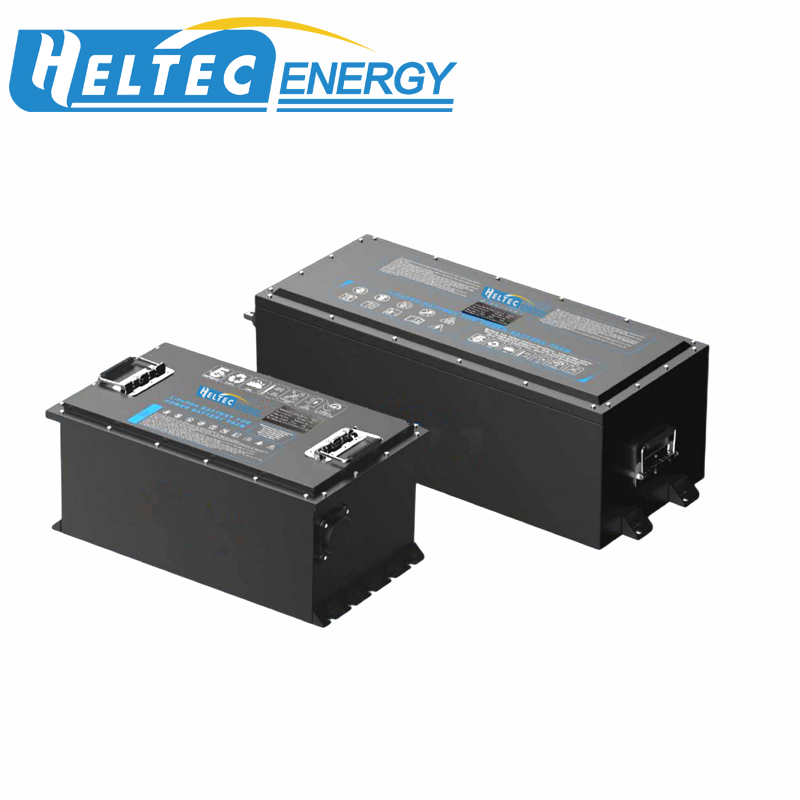
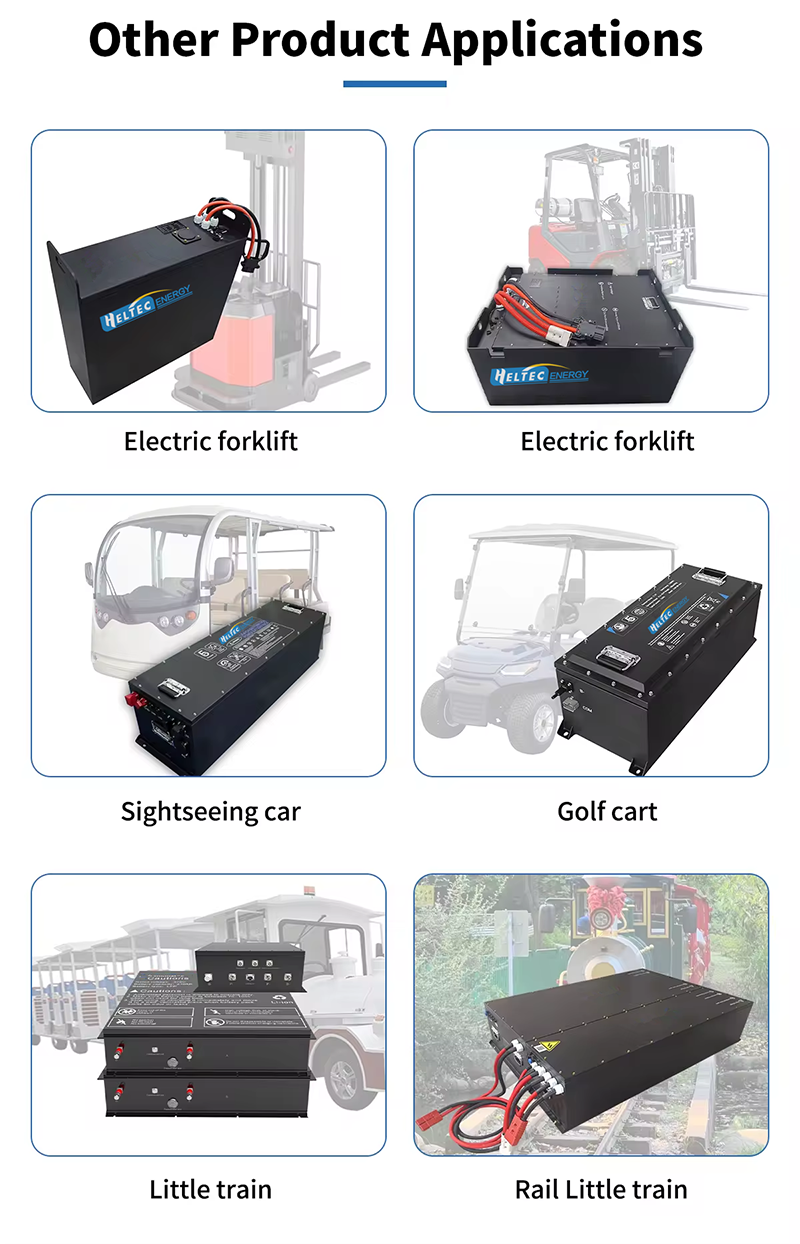
Conclusion
In summary, the safety standards for charging and discharging operations and electricity use in lithium battery safety requirements cover many aspects, from the working environment, equipment selection, battery inspection to the insulation and grounding of electrical equipment, etc. The implementation of these standards helps to ensure the safety and reliability of lithium batteries during use and reduce the risk of accidents.
If you have any questions or would like to learn more, please don't hesitate to reach out to us.
Post time: Jul-02-2024
